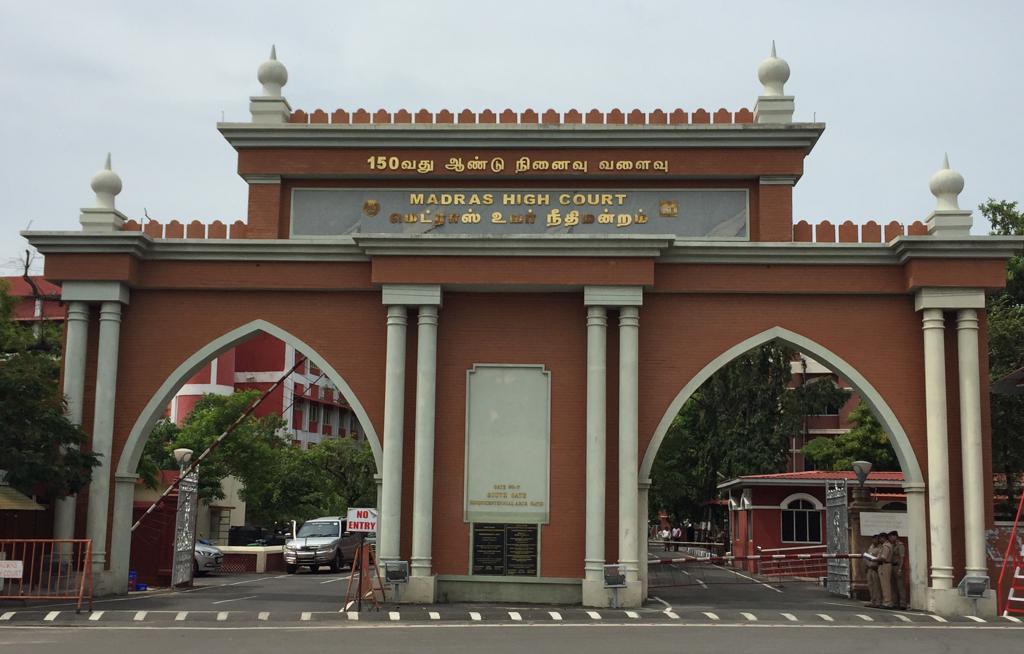"We’ve already clarified that though the particular prayer [of Aadhaar linkage] was considered, we dismissed it as it violated the Supreme Court judgement [on Aadhaar usage]." — Justice S. Manikumar, Madras High Court Reiterating its view that Aadhaar cannot be used to authenticate social media accounts, the Madras High Court on August 21 once again said that it had dismissed the original prayer to link Aadhaar to social media accounts — in what has become the WhatsApp traceability case — as it violated the Supreme Court's judgement on Aadhaar. However, given that the Supreme Court is hearing Facebook’s transfer petition, the Madras High Court adjourned the hearing on the WhatsApp traceability case until September 19. Although the original PILs, filed by Antony Clement Rubin (w.p. no. 20774/2018) and Janani Krishnamurthy (w.p. no. 20214/2018) sought the “linking of Aadhaar or any one of the Government authorized identity proof as mandatory for the purpose of authentication while obtaining any email or user account”, the division bench has since then expanded the scope of the PILs to include issues including curbing cybercrime and intermediary liability, and repeatedly dismissed the possibility of Aadhaar linkage. Heard in Court No. 3 by the division bench constituting Justices S. Manikumar and Subramonium Prasad, the hearing saw Facebook represented by the former Attorney General of India Mukul Rohatgi, and Senior Advocate N.L. Rajah represented WhatsApp. Senior Advocates Kapil Sibal and Arvind Datar, who have represented WhatsApp throughout the case, were not present. The State of Tamil Nadu was…





























